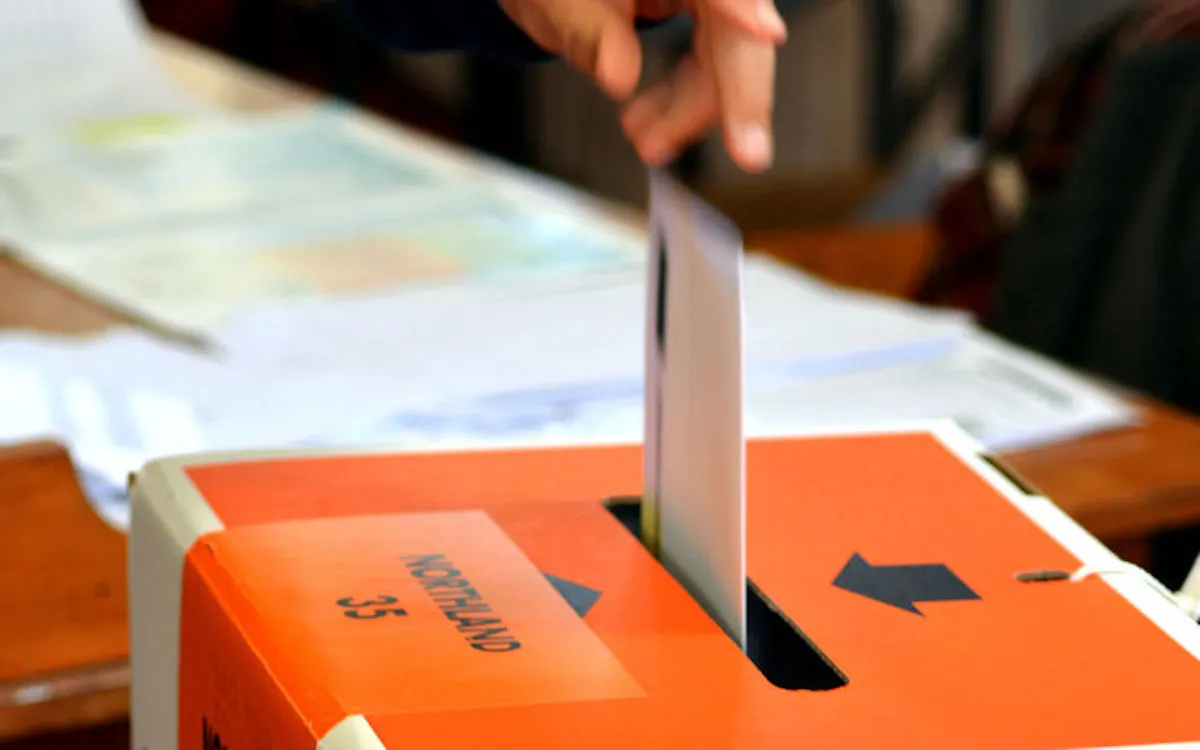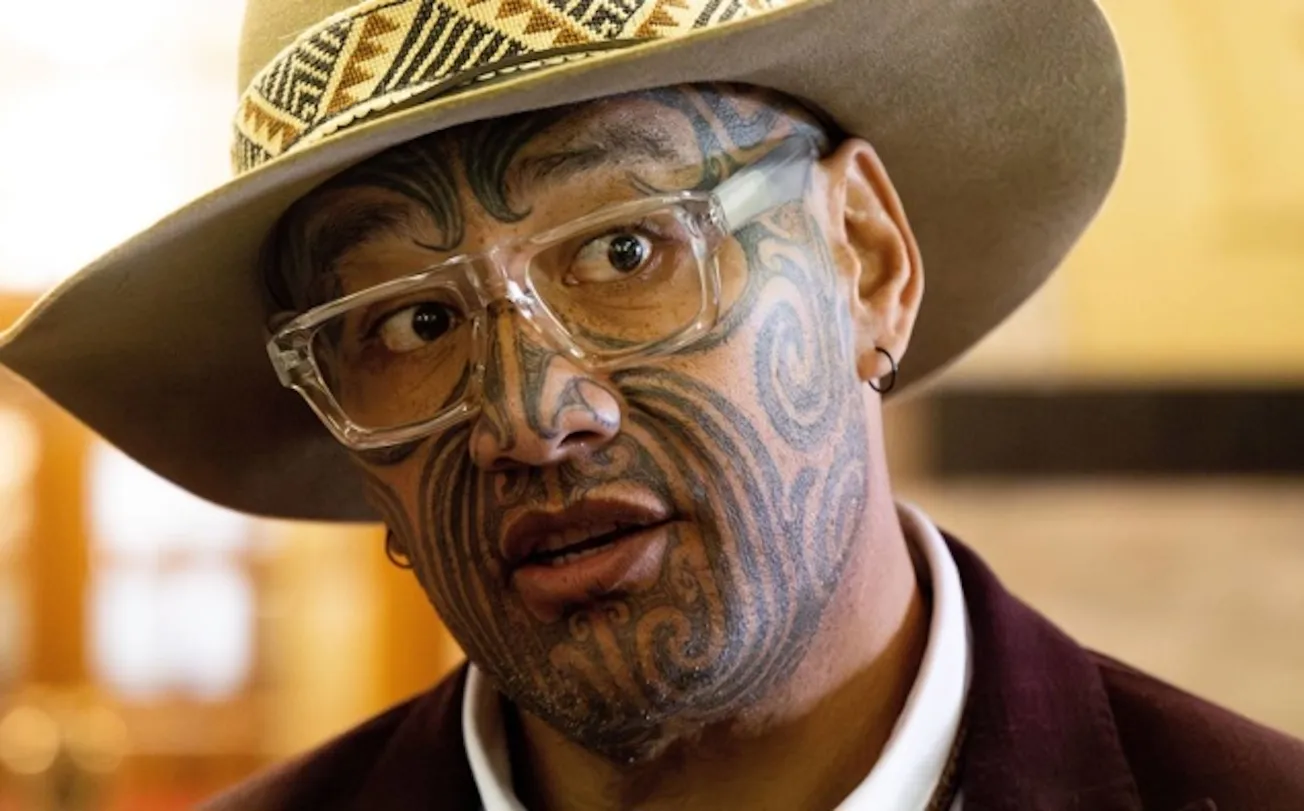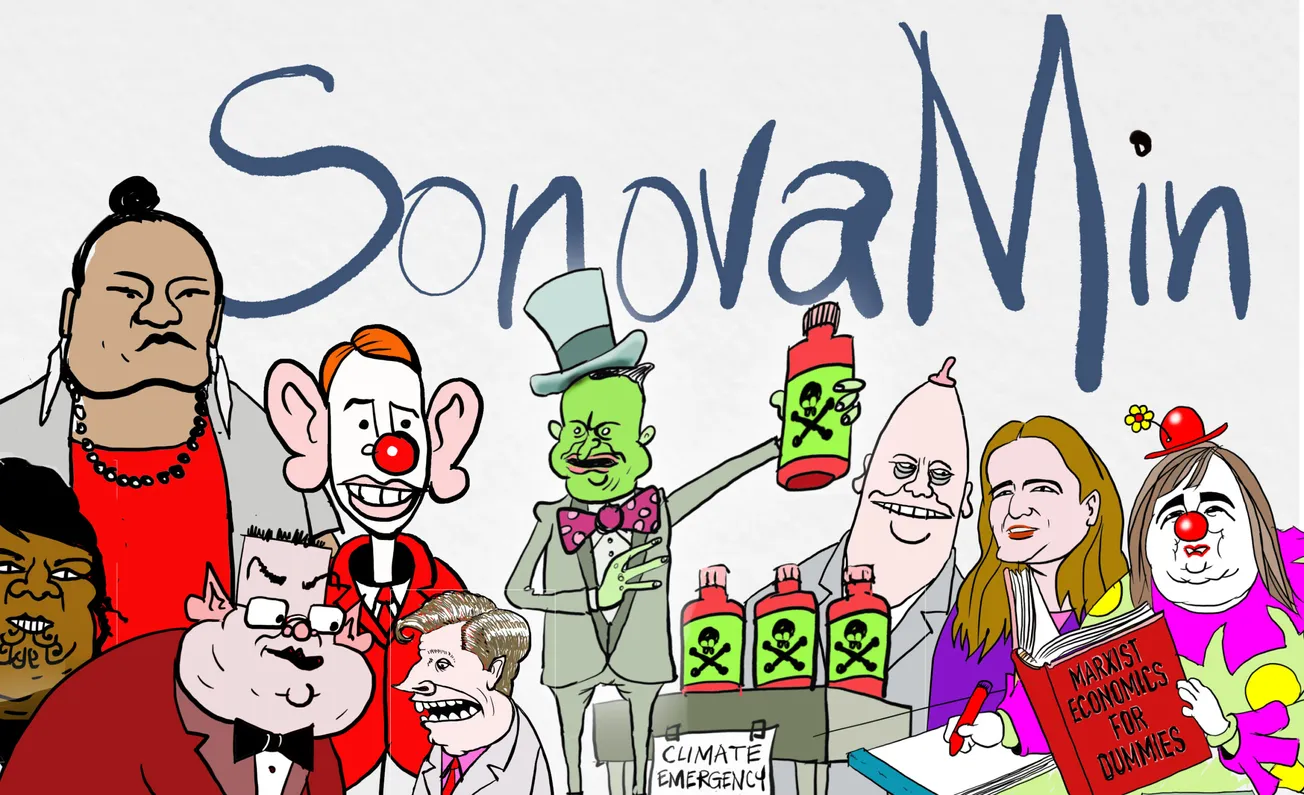Table of Contents
Mark Freeman
Collective, strategic voting is the way to get a minor party into Parliament in the upcoming general election, says a group that’s offering to advise voters on how to do that.
Voters United are a Wellington-based group concerned about government overreach and the direction the elected political parties are taking the country. They describe themselves as everyday New Zealanders without political party affiliations.
Spokesman Dean Harris says one million people didn’t vote in the 2020 election, and 225,000 voted for minor parties that gained no representation in Parliament. There are also a huge number of people throughout New Zealand that “are not particularly happy with the major parties that they’ve previously voted for, and are now looking for an alternative”.
“There’s a big void out there that needs to be filled, so we’re hoping that we can educate those people to unite their vote so that their vote actually makes a difference.” Voting collectively will ensure that votes are not wasted in a split vote, he says.
Voters United will give subscribers commentaries on the parties running for election and the opportunity to participate in polls. The poll results will indicate which parties subscribers are most likely to vote for on election day.
“Through those polls, we will educate the subscribers of Voters United how to vote strategically and not emotionally. We all have a favourite party that we would love to see get into Parliament, but at the end of the day it comes down to a consensus vote.”
If everyone voted for the same party, there would be greater opportunity for representation in Parliament, which could hold the ruling party accountable on matters of confidence and supply, Mr Harris says.
The idea of a coalition of minor parties has been mooted in the last 12 months but that’s unlikely to happen because of their branding, their intellectual property and some party leaders’ differences of opinion, he says.
Voters United cites lack of public accountability of parliamentarians and lack of debate on issues as major areas of concern.
Twenty-four bills were passed in Parliament under urgency in late November last year. No one had the opportunity to object, Mr Harris says, which raises a question: “Is the government actually working for the general population or are they working on their own agendas, their overseas interests and their sponsors? Those are key questions that need to be asked of the major political parties. If you look at a lot of the policies that are coming through, they’re not only happening in New Zealand; they’re also happening in a lot of other countries, like 15-minute cities. They’ve already identified three cities they’re planning on doing it in New Zealand. Where are these policies coming from?”
Group spokesman Keith Buckley is also concerned about the lack of real public debate on key issues. There were three televised debates when New Zealand was choosing a flag, he says. “Where’s the debate been about mandates that have stopped people earning a living, losing their jobs, losing their houses?”
Voters United’s core principles are:
1. The unfettered protection of human rights
2. An all-inclusive New Zealand
3. Transparent and timely public policy debate
4. Zero political interference from non-elected influences
5. Free and fair independent media
6. Zero politicisation of medical practice
7. A free and fair election
8. Covid health response inquiry
9. Limitations to emergency response
The Voters United homepage can be found here. You can hear Dean Harris talking about Voters United on Reality Check Radio here.








